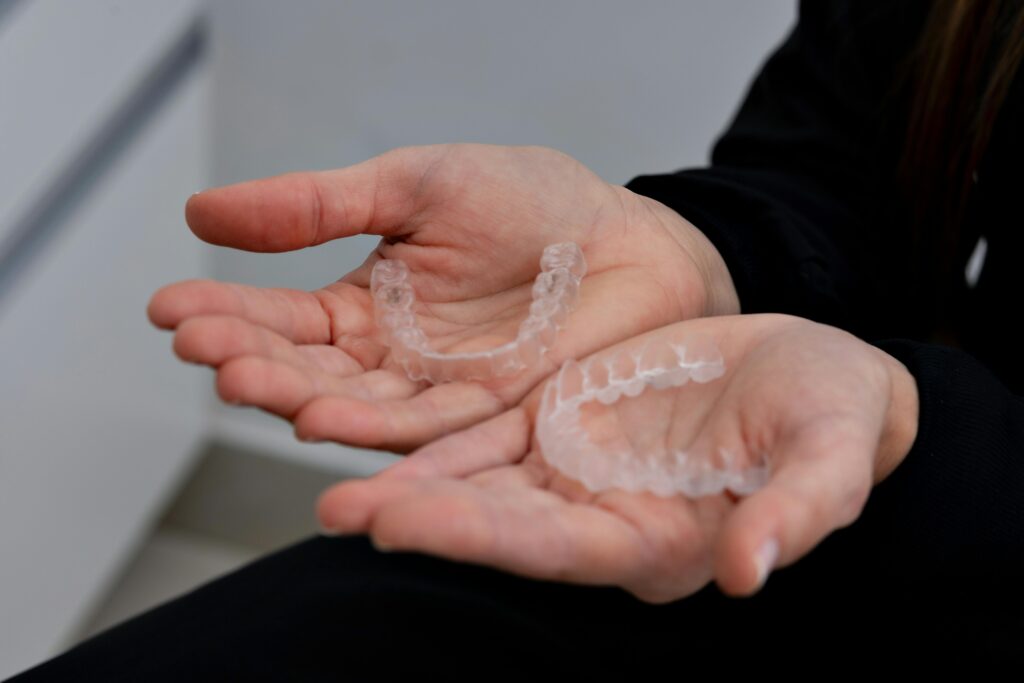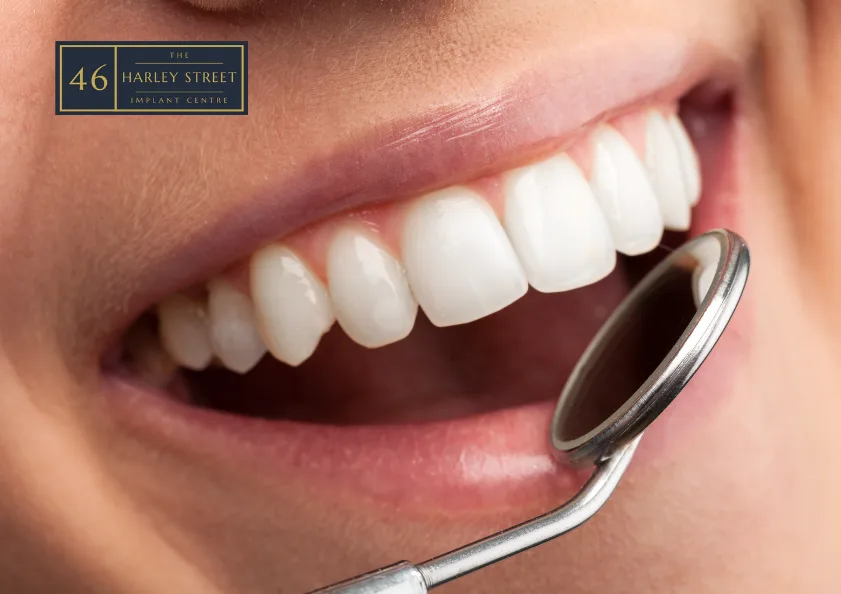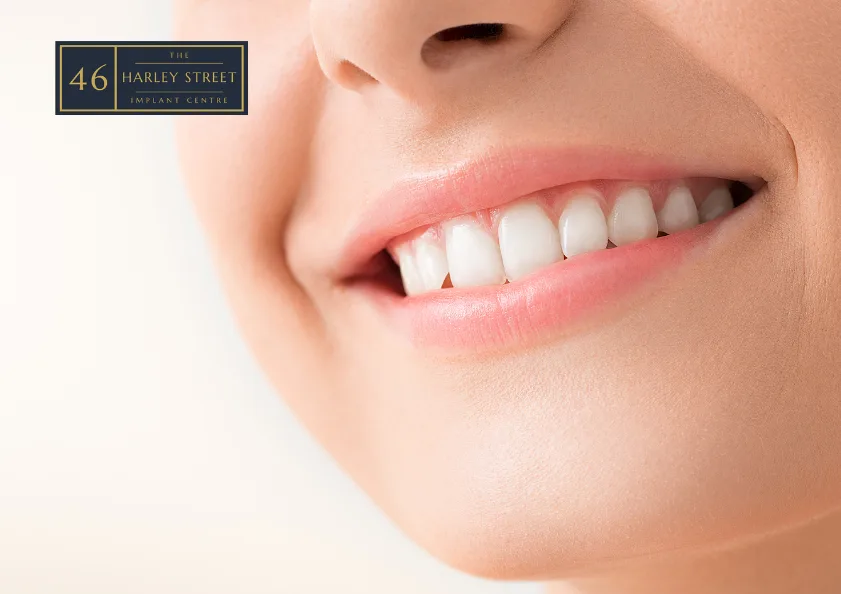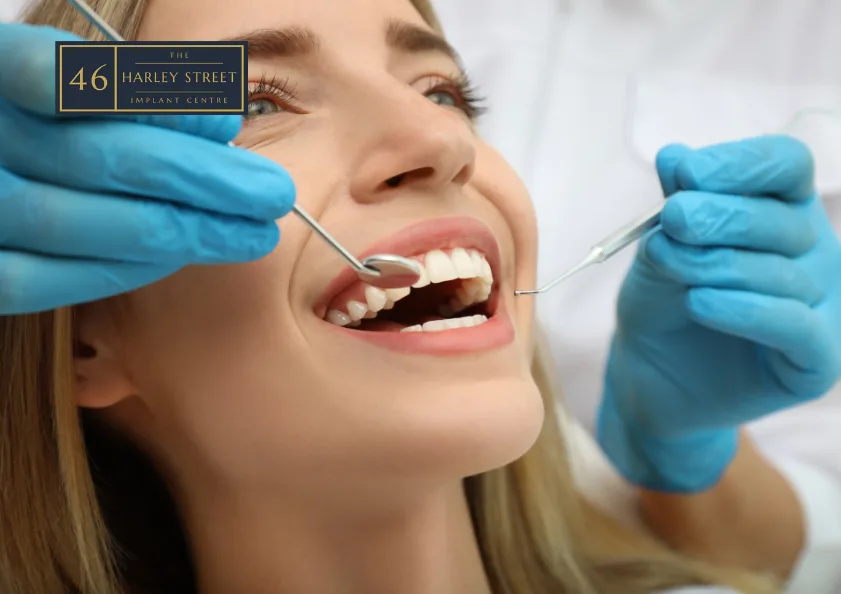Experience in dentistry is measured not just in years, but in outcomes. And after personally carrying out over 4,000 dental implant procedures, I can say with complete certainty that no two cases are ever the same.
Invisalign vs Braces
In the realm of orthodontics and dentistry, a common dilemma for patients is choosing between Invisalign vs braces. Both options are effective in straightening teeth, but they cater to different patient needs and lifestyles.This blog aims to help patients make an informed decision by outlining the pros and cons of each method. This guide will break down the key differences between Invisalign and braces, including treatment time, indications, complications, costs, and tips to make the best choice for your orthodontic care.

Invisalign vs Braces: Understanding the Differences
What are Braces?
Most of you will know what braces are. They involve attaching small metal or ceramic brackets to your teeth, which are usually connected by wires or rubber bands. The combination of the brackets and the bands exert a force on the teeth that gradually causes them to shift into alignment. Braces are well established and a wide range of literature supports their effectiveness in a variety of dental issues, from mild misalignment to more severe causes that involve anatomical problems such as overbites, underbites and severe malocclusions.
What is Invisalign?
Invisalign, on the other hand, uses a clear removable case to help shift your teeth into alignment. These cases are known as ‘aligners’ and they are custom made to fit your teeth. The aligners are transparent and virtually invisible (hence the name!) and they are changed every few weeks as your teeth gradually move into the right place. Invisalign is popular as it is more aesthetically appealing than traditional braces however the scope of its use is restricted to more minor misalignments.
Indications for Invisalign vs Braces
When are Braces recommended?
Braces are often recommended for:
Severe malocclusions (overbites, underbites, crossbites)
Crowded or rotated teeth
Complex cases that require precise control of tooth movement
Younger patients with a mixture of permanent and baby teeth.
Braces typically offer more control and precision for difficult cases that require the teeth to be moved in multiple directions or when they need adjustment in the vertical plane.
When is Invisalign recommended?
Invisalign is typically recommended for:
Mild to moderate alignment issues (mild crowding or spacing)
Patients who prefer a more discreet option
Adults and older teens with fully erupted permanent teeth
Individuals who are disciplined enough to wear aligners for 20-22 hours a day (this can be a real problem!)
Invisalign can treat many cases effectively, but it is limited in correcting severe bite problems or complex misalignment.
Pros and Cons of Invisalign vs Braces
Braces
Pros
- Effective for complex cases as they have superior control over tooth movement
- They are very durable and cannot be removed which can be useful in children or adults who may be less compliant
Cons
- Aesthetic concerns: braces are visible which can lead to self consciousness and reduced oral health realted quality of life. This is more pertinent in adults.
- Problems with pain and discomfort: metal wires and brackets can irritate the side of the mouth and gums causing ulcers
- Difficulty in oral hygiene: braces can cause the unwanted build up of plaques and increase the risk of gum disease
Invisalign
Pros
- They are aesthetically more appealing than braces. Being virtually invisible, they are often a preferred option for adults or teenagers.
- Removability: you can remove the Invisalign for eating, brushing your teeth and flossing, allowing you to maintain adequate oral hygiene
- Comfort: their aligners are smooth and stick closely to your teeth. They should not irritate the mouth like metal brackets may.
Cons
- They are not suitable for everybody (severe misalignment, complex bite issues)
- Not everyone is compliant with Invisalign. Wearing them for over 20 hours a day can be daunting, impractical and often quite difficult.
- Requires frequent follow up to adjust the degree of pressure
Speed of Treatment
One of the common questions from patients is how quickly they will achieve their ideal smile. Treatment time with braces ranges from 18-24 months although this changes depending on the degree of tooth misalignment. Invisalign is typically shorter (about 12-18 months). This may be related to the fact Invisalign is typically used for more minor misalignments. More severe cases may take a similar duration to braces in light of the fact Invisalign is designed to move the teeth gradually.
Questions to ask yourself
Are you concerned about the visibility of braces? Invisalign might be better for you.
Are you disciplined? Invisalign requires commitment to wearing the aligners for most of the day.
How complex is your case? Your dentist will help you assess this.
What is your budget? Braces are slightly more cost effective solutions for severe cases.
Have you had a professional opinion? Speaking with your dentist is an important step in coming to this decision. Your specific needs, goals and lifestyle may determine the best course of treatment.
Conclusions
Choosing between Invisalign vs braces is a highly individual decision based on your dental needs, lifestyle, and budget. Both treatments offer effective ways to achieve a straighter smile, but their advantages and limitations are worth considering. By consulting with your dental surgeon and weighing the pros and cons, you can confidently select the treatment that will give you the best results for your unique situation. Here at The Harley Street Implant Centre we offer high quality Invisalign treatment, reach out via our booking form to find out some more information.
What Nobody Tells You About Starting a Clinic on Harley Street
Opening a clinic on Harley Street is, without question, one of the most ambitious steps a healthcare professional can take. For many, the postcode itself carries weight. It signals prestige, clinical excellence, and an elevated level of care. But behind the glamour lies a more complex reality. One that few talk about openly.
What I Tell Every Patient Before IV Sedation
In my experience, what you say to a patient before you administer IV sedation can be just as important as the sedation itself.
Why Sedation Dentistry Matters: Creating Calm for Complex Care
Sedation allows us to deliver excellence without compromise. It creates the conditions in which even the most phobic or medically anxious patient can undergo life changing treatment without fear or distress.



